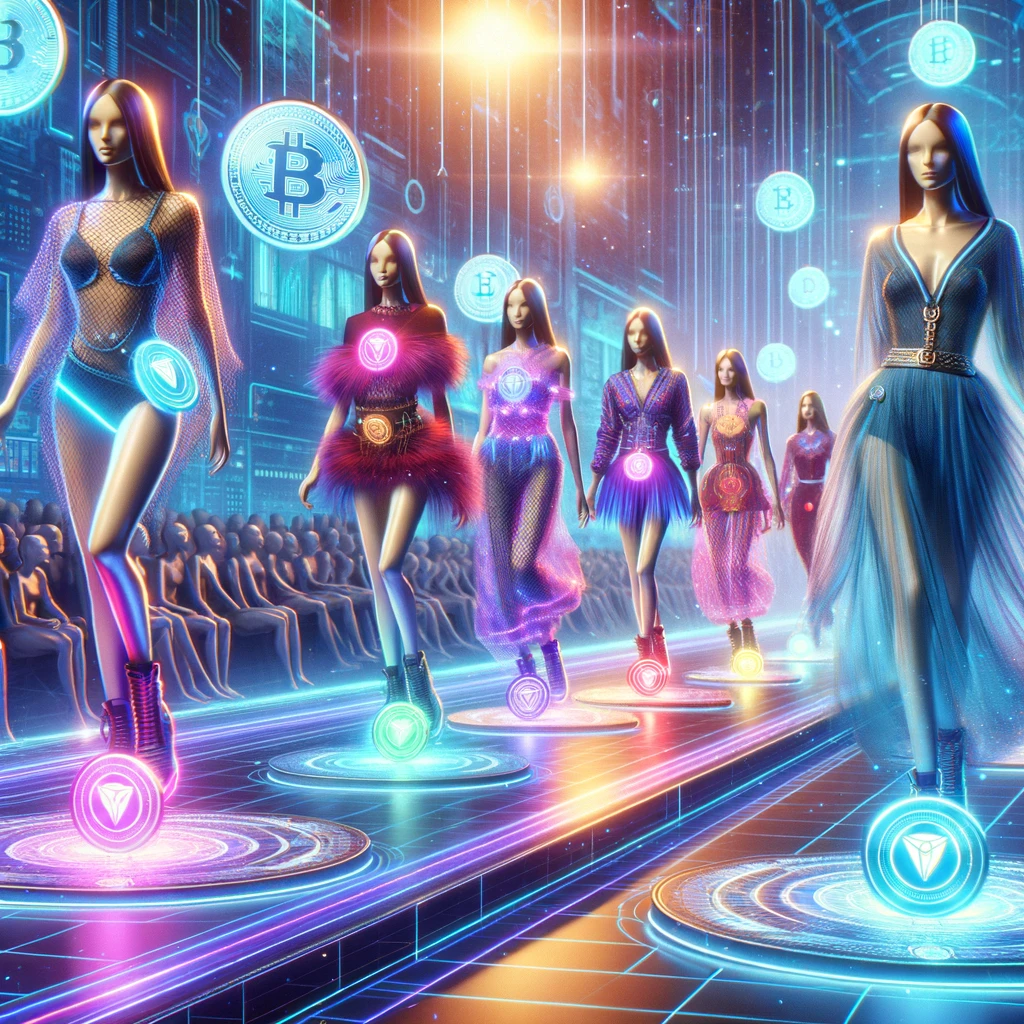Redefining the Fashion Industry through Digital Assets: The Rise of NFTs in Digital Fashion

The integration of non-fungible tokens (NFTs) with digital fashion is revolutionizing the fashion industry, creating unprecedented opportunities for designers, brands, and consumers alike. This innovative convergence is promoting exclusivity, originality, and a new form of engagement in the digital realm.
The Emergence of Digital Fashion
Digital fashion, characterized by clothing and accessories that exist only in the virtual world, is set to transform the fashion landscape. With the rise of online identities, digital fashion allows for a new form of self-expression, offering hyper-real styles that push the boundaries of traditional fashion. Notably, brands such as Puma, Louis Vuitton, and Gucci are exploring this new frontier, incorporating digital collections into their offerings and tapping into the potential of blockchain technology to sell unique pieces as NFTs. This movement towards digital-only clothing reflects a significant shift in how we perceive and engage with fashion, emphasizing sustainability by combating the fast fashion cycle and eliminating waste (Ledger).
NFTs: A New Paradigm of Ownership and Authenticity
NFTs are redefining the concept of ownership in the fashion industry. Unlike traditional physical products, ownership of NFTs is digital and can be tied to a wide range of items, including virtual fashion and limited-edition digital art. This shift offers new possibilities for the retail sector, impacting how we understand ownership. Luxury brands are leveraging NFTs to ensure the authenticity and provenance of their products, creating digital fashion collectibles that exist solely in the digital realm. These digital garments and accessories serve as status symbols, with the ownership of limited-edition digital couture pieces carrying as much prestige as physical designer items. Furthermore, NFTs are being used to enhance consumer engagement through loyalty programs and exclusive virtual experiences, demonstrating the versatile potential of NFTs in luxury fashion (Binmile).
Challenges and Opportunities
The integration of NFTs in luxury fashion presents both challenges and opportunities. Issues such as regulatory compliance, copyright concerns, and market oversaturation need to be navigated. However, the strategic embrace of NFTs opens up avenues for brand differentiation, innovation in customer engagement, and a sustainable approach to fashion. Retailers are experimenting with exclusive NFT drops, digital collectibles, and virtual fashion experiences, using NFTs to drive sales, enhance brand loyalty, and provide transparency around product authenticity (Binmile).
The Future of Fashion and NFTs
The fusion of NFTs with digital fashion marks a promising frontier for the industry, offering a sustainable, innovative future where virtual self-expression and digital collectibles redefine the fashion experience. As the industry continues to explore this digital landscape, the potential for NFTs to reshape fashion remains vast, promising a new era of luxury, technology, and sustainability.
This transformative phase in the fashion industry underscores the growing significance of digital assets and blockchain technology, heralding a future where digital and physical fashion coexist, offering unique and immersive experiences to consumers worldwide.





